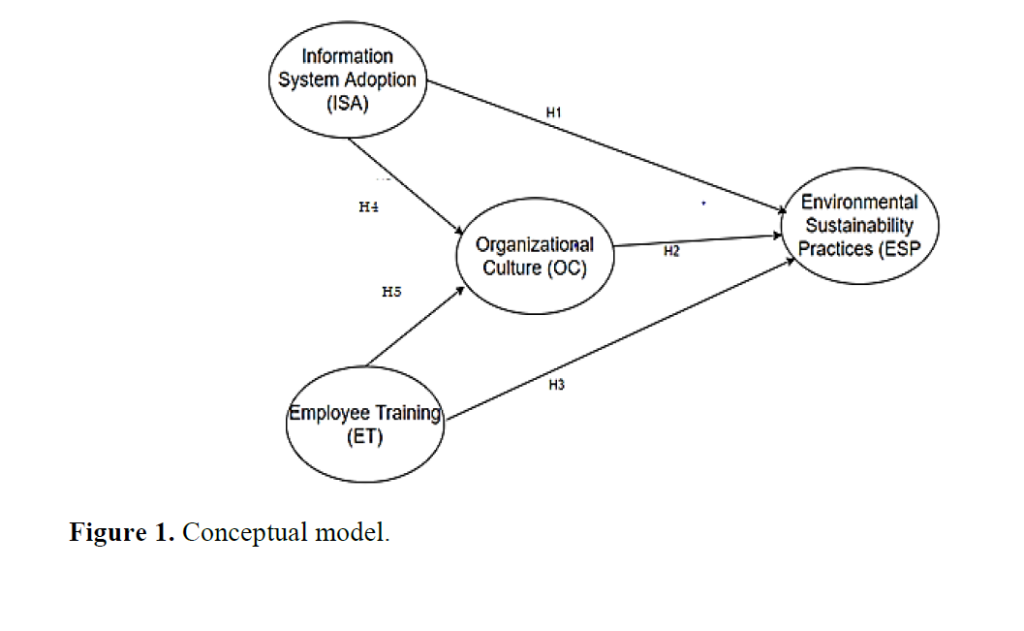Abstract. This study evaluated the drivers of environmental sustainability practices using mango farm managers in Thailand. The purpose was to ascertain farmers’ ability to conserve natural resources and protect the ecosystem. This was necessitated to raise environmental awareness, promote sustainable human development, and increase economic growth and quality of life. The study adopted a quantitative survey design with primary data collected from mango farm managers in four provinces in Thailand. Data were collected from a total of 383 respondents. The data was analyzed using CFA and SEM techniques employing SPSS v26 and AMOS v26. The findings showed that Organizational Culture and Employee Training significantly and positively influence Environmental Sustainability Practices in managing mango as a natural resource. Organizational Culture was also found to positively mediate the effect of information system adoption. The study concluded that management and employees in mango farms should be trained about the importance of environmental sustainability and encouraged to cultivate a culture grounded in the sustainability practices of mango as a natural resource. They should be taught how advancing and adopting sustainable practices by subsistence and commercial mango farmers in Thailand can enhance sustainable development, economic growth, and regional cooperation by checking materials and methods.
Key words: natural resources, human development, organizational culture, information system adoption.
-
- HOME
- BSRU
- Check Scholar
- ติดต่อเรา WooCommerce not Found
- Newsletter

